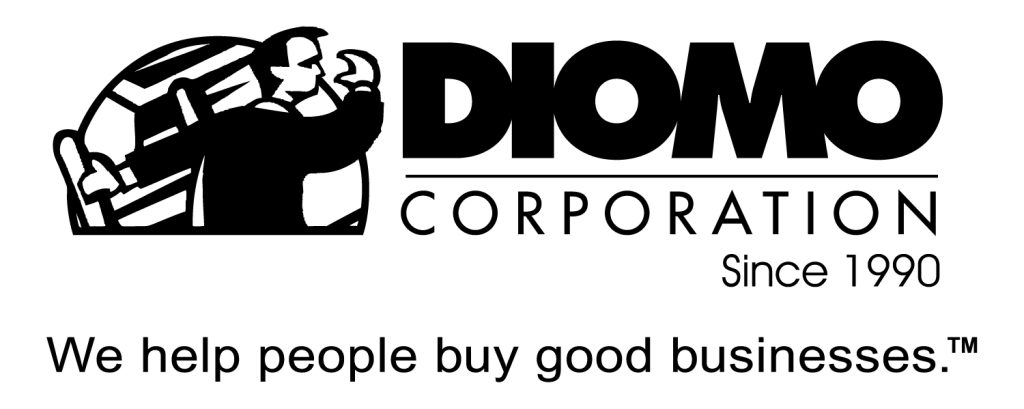A common and reasonable concern for any business buyer is to be certain that the business is sustainable after you take over the company.
Of course, it would be nice to buy a business and have the seller provide you with a bulletproof guarantee that you will be successful. Unfortunately, that is simply not reality and probably one of the big areas that separates entrepreneurs from ‘wannabe’ business owners.
In some cases, it does make sense (and is necessary) to institute a performance-based deal structures that will provide you with an added measure of comfort as well as having the seller at risk in the deal after the transaction closes.
Earnouts are a good mechanism to accomplish that (along with seller financing which is something I believe is a must for any deal) however, the nature of the business must justify an earnout.
If not, it will be a tough sale to convince to current owner to structure the transaction based upon future performance when they are not even playing a role in the company.
Think about it – would you be willing to bet on someone you don’t know well to takeover your business and succeed?
Earnouts make the most sense when some the following conditions exist in a business:
- There is a high degree of customer concentration (a disproportionate amount of revenue/profit is generated by a very limited number of clients).
- The business has experienced a few years of continued decline and you want to be certain the trend can be reversed.
- The most recent period has been exceptionally profitable and you need protection to know it is sustainable.
- The company has recently won a new contract or has implemented new initiatives that will only generate sales after you take over the company.
- There are key supplier contracts that may soon expire and the business needs these to renew in order to operate at prior levels.
- The seller is the business in the eyes of the clients/suppliers and has long-term personal relationships or specific skills/licenses that have been directly attributable to the success of the business. On this note, if you are really concerned that you will not be able to take over the seller’s role, then either hire someone who can, or perhaps you should not be acquiring that particular business.
From a buyer’s perspective, the timeline for measuring an earnout is a double-edged sword. You want it to be long enough to be accurately measured, while at the same time, it should not be so long that the seller will be the beneficiary of your hard work.
Conversely, a seller cannot be expected to be on the hook to perpetuity in the deal.
The key to an earnout is to:
- Specifically identify the item that needs to be measured.
- Keep the formula simple.
In my experience, earnouts in general can be hard to measure and so by tying them to revenue for example rather than gross margin percentages, can greatly simplify the determination.
Be sure you and the seller agree in writing on how the earnout will be calculated and arbitrated in the event there is a dispute. The last thing you want is to incur expensive legal or accounting fees. The suggestion is to identify in advance, a neutral-third party (ideally, an accountant or accounting firm) that will render the final judgment in the event you and the seller do not agree on the number.

